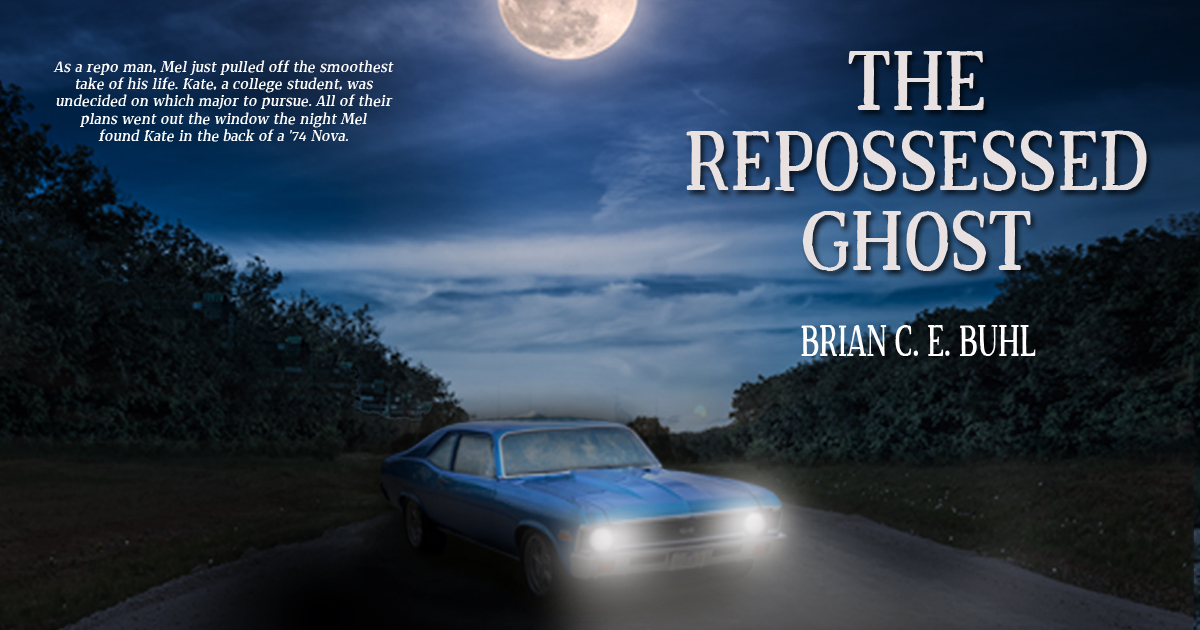Before I get too far into this post, let me just say that I don’t know all that much about developing a platform. I’m not at a point in my writing career where that’s even something I need to worry about. What I have to say on this subject does not come from a place of authority or experience, but from an individual that is looking to the future. These are my thoughts and fears.
In other words, if you’re looking for guidance on how to develop a platform, you’ve come to the wrong place.
So. Your platform. Huh. Where to begin?
Let’s start with a comic, courtesy of writerunboxed.com.
So how does one avoid becoming that guy on the right, with the fancy platform but no substance?
As far as I can tell, you just do the obvious thing: write more. Focus on making the highest quality product you can.
Are you using your time wisely? Cultivating a following on twitter is time consuming. Would you be better off working on another revision of your manuscript, or posting to social media?
That’s the cautionary tale side of platform development, but it’s also a bit naive. Unlike the comic above, a healthy story isn’t as obvious as a healthy sheep. People will look for other indicators to judge the quality of your work before actually sampling it.
That means having a good cover. It can also mean being active in social media, and having an online presence. Some people do internet searches before trying an unfamiliar author.
Word of mouth will always be superior, but what do you do when you’re just starting, and you don’t have people out there to talk about your work yet?
How much begging and pleading do you do with your friends and acquaintances on Facebook and Twitter? When do you cross the line between a reasonable solicitor, and an annoying advertiser?
I don’t have these answers. It’s something to consider, but not something to worry about.
A writer’s platform is more than just the selling of books. A writer’s platform is about reader’s expectations. When a writer starts to gain some readers, those expectations become more rigid.
For example, George R. R. Martin is well known for his Game of Thrones books. He’s also known for his Wildcards stories, but let’s set those aside for the moment. If you walk up to someone on the street and mention George’s name, chances are high that they’re going to think of Game of Thrones.
What limitations does that put on him? For starters, if he decides to start a different fantasy series, fans of his work are going to get upset. He’s already criticized for not delivering stories fast enough. People look at his age and his weight, and they prognosticate on whether or not he’ll live long enough to finish the series. Game of Thrones is his platform, and he’s locked in.
Brandon Sanderson and Jim Butcher have multiple series under their belts that they actively write, but they are both working in science fiction and fantasy. They’re both writing in speculative fiction. What would happen if one of them tried to put out a romance novel? Would either one of them get away with that?
Once a writer begins to grow their platform, it takes on weight. It develops inertia and gravity, and it becomes a defining portion of the writer’s career.
But again, all of that is well beyond what I need to worry about at this point. The only thing I need to worry about is finishing my edits. Then I need to put my story in front of the right people. Platform? That’s the least of my problems.

